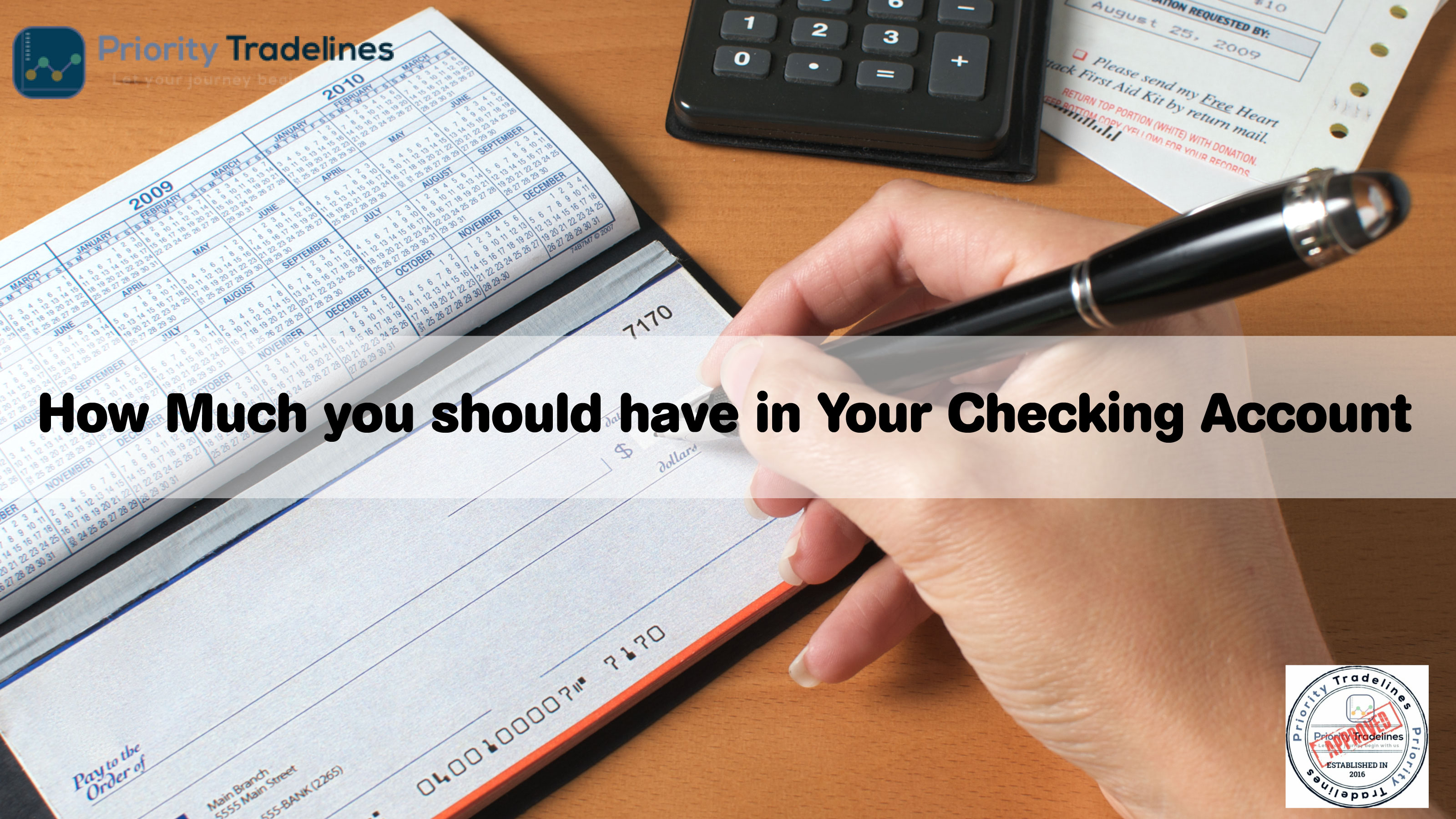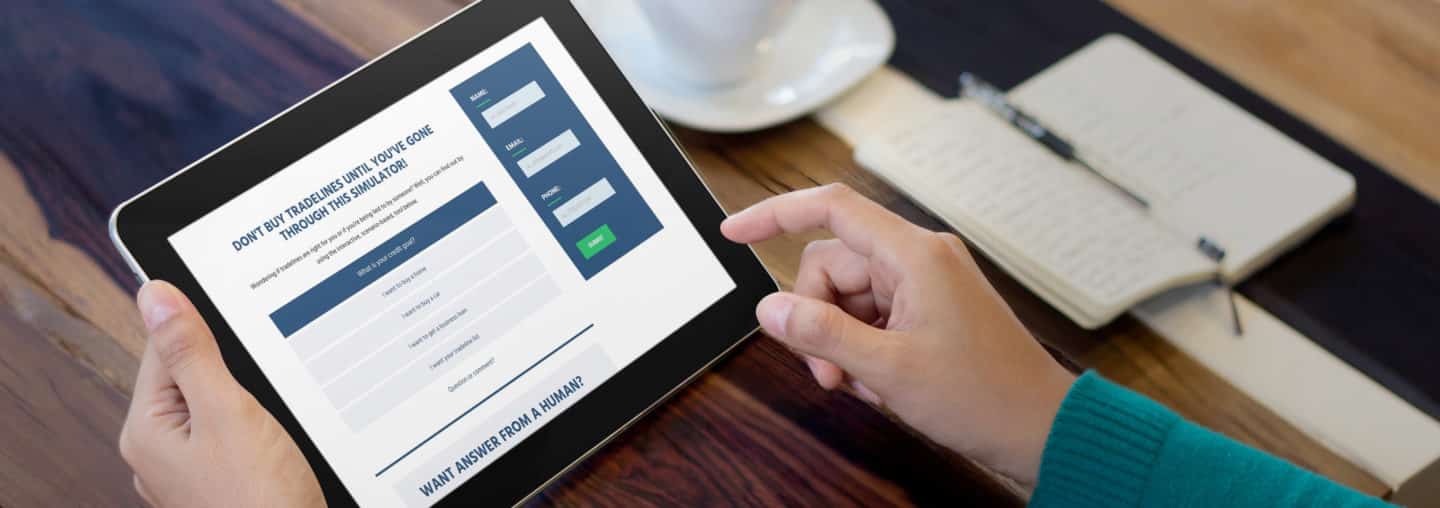Money in a checking account is not difficult to access, and keeping your equilibrium over the base can assist you with staying away from month-to-month account upkeep expenses. However, an expanded monetary record infers you will miss more critical yields available for later assets or retirement accounts.
According to a 2019 Nerd Wallet survey conducted online by The Harris Poll, the average balance of Americans with checking accounts is about $2,900 and the median is $1,250. The right number for you could be higher or lower. It is just a matter of figuring out what works for your budget.
One hundred dollars? That is it.
The investigation discovered that in 35% of the country-more one of every three Americans has under $100 in their financial records at some random time. By comparison, the next largest group - the 18% who have balances of either $101-$500 or $501-$1,000 - was only about half that.
For around 11% of the country, the enchanted number is somewhere in the range of $1,001 and $1,500. Slightly less than 6% have balances of $2,000 or less, and about 13% have more than $2,000.
If you think a double-digit account balance is too low for a third of the population, you are in good company.
"The short response is that most specialists brief having one to two months of normal costs in your financial records," Ramhold said. "It's additionally great to finish that number off with 25% to 30% of your month-to-month everyday costs to have an additional pad.
Track your monthly expenses
Keep a daily spending diary for three months to figure out how much money should be in your checking account. Incorporate Visa buys and installments that are consequently deducted from your financial records, for example, rec center enrollment charges or credit installments.
How much cash you should have in your checking account: One to two months' worth of living expenses, based on your spending diary, plus a 30% buffer. Why the buffer. Banks make billions of dollars from fees charged to customers who overdraw their accounts or bounce a check. In addition, if you conflict with minimum balance requirements, your bank can charge you a monthly fee - so it is better to have a cushion.
Put extra cash in a more profitable place
Now that you know how much you want to keep in your checking account, direct anything above that to where it can earn interest. Online-only banks typically offer the best savings rates, including an APR of about 0.40%. That is significantly higher than the national average - which means more money ends up in your account no matter how much you deposit. You can read more about some of Nerd Wallet’s most popular high-interest savings accounts here.
How much money you should keep in your savings account: Experts generally recommend keeping three to six months' worth of living expenses in your emergency savings fund.
Once your savings account contains this amount, you should open an additional retirement account or increase your contributions to existing retirement funds. These include 401(k) is an individual retirement account.
Having the right amount in your checking and savings accounts can help you meet your daily needs and emergencies, avoid unnecessary bank fees and grow your long-term savings. Again, it is about finding what is right for you, not having the average account balance.
The fee trap awaits those who push it too close
While you should not leave too much money in your checking account when you could be using it to make money elsewhere, a healthy cushion of cash is an absolute must if you want to avoid the significant penalties associated with an underfunded checking account.
"As a general rule of thumb, your goal should be to maintain an account balance that helps you avoid the risk of overdraft or bank fees," says Maxim Manturov, head of investment research at Freedom Finance Europe, a subdivision of Nasdaq-traded Freedom Holding Corp. So it's important to account for your expenses and your general monthly outflows accordingly."
Regulation D: Use savings as a failsafe - but only sparingly.
Logical, a piece of the explanation individuals have so minimal expenditure in their financial records today is that low adjusts are not generally so hazardous as they used to be. At most, banks, you can transfer money from savings to checking immediately when things get tight - even after hours - or you can set up overdraft protection that automatically transfers money from savings to checking to offset an ongoing charge. These are all incredibly helpful tools that a generation ago would have seemed like magic to anyone who ever wrote a check they did not know could not be covered.
However, unlike checking accounts, the money you put into savings accounts is not meant to be temporary. The money is meant to stay there, and if you use your savings account too much as a backup for your checking account, you could face penalties. That is because Federal Reserve Board Regulation D declines you from making more than six withdrawals consistently from an endeavor account.
Conclusion
Now you know how much you should have in your checking account. You should be careful while operating your checking account. In case you need assistance, you can reach out to us at Priority Tradelines. We will help you at our level best to help you out.



